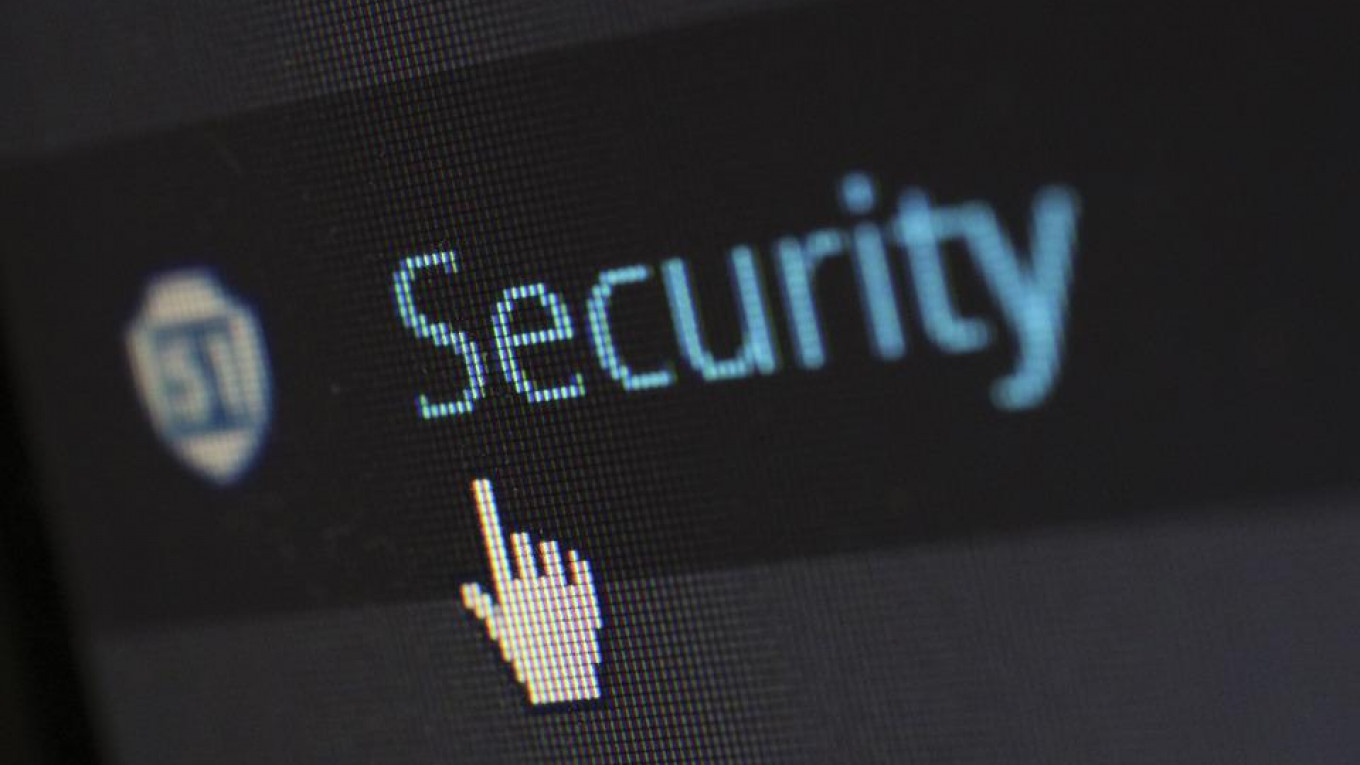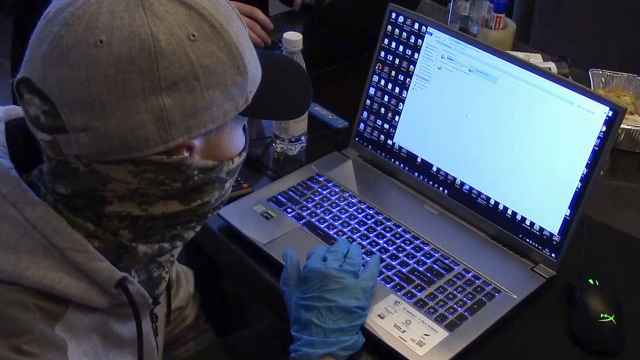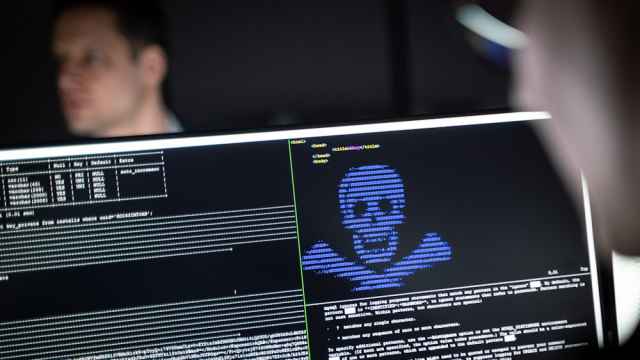Only trained special forces could have been behind last year's cyber-attack on the U.S. Democrat Party, the former head of the KGB's analytics department has claimed.
In an interview with Russian magazine Ogonyok, Vladimir Rubanov claimed that “ordinary hackers” would not have been able to break in the party's servers to leak thousands of classified emails.
“This attack was against a political party. What need does an individual hacker have to launch an attack on a political party?”
Rubanov also warned that cyber-attacks would continue to put an increasing strain on international ties. He claimed that the attack on DNC servers — and Russia's alleged role in the hack — threatened any chance of the Kremlin building stronger ties with Washington.
“[U.S. President Donald] Trump will now have to prove that he has nothing to do with Moscow,” Rubanov said. "There's a chance that he'll now take a far harder stance toward Russia than Clinton ever would have in order to divert suspicion from himself.”
Rubanov spoke at length about Russia's cyber-battalions, despite Kremlin officials' repeated claims that no such corps exists. He said that Moscow had at least 1,000 people engaged in online-military operations: but made sure to distinguish the well-drilled, government cyber-corps to hackers acting as “hooligans” online.
“Sociologists have found that we Russians even have a kind of pride in our hackers,” he said. “But in our fragile information society it is impossible to treat hacking as a prank. They are a threat.”
“The main danger from increased hacking activity is attacks on critical infrastructure, which could lead to man-made disasters and the real loss of human life. This is a concern for all countries: but because of that, we have the chance to find a international solution.”
A Message from The Moscow Times:
Dear readers,
We are facing unprecedented challenges. Russia's Prosecutor General's Office has designated The Moscow Times as an "undesirable" organization, criminalizing our work and putting our staff at risk of prosecution. This follows our earlier unjust labeling as a "foreign agent."
These actions are direct attempts to silence independent journalism in Russia. The authorities claim our work "discredits the decisions of the Russian leadership." We see things differently: we strive to provide accurate, unbiased reporting on Russia.
We, the journalists of The Moscow Times, refuse to be silenced. But to continue our work, we need your help.
Your support, no matter how small, makes a world of difference. If you can, please support us monthly starting from just $2. It's quick to set up, and every contribution makes a significant impact.
By supporting The Moscow Times, you're defending open, independent journalism in the face of repression. Thank you for standing with us.
Remind me later.






